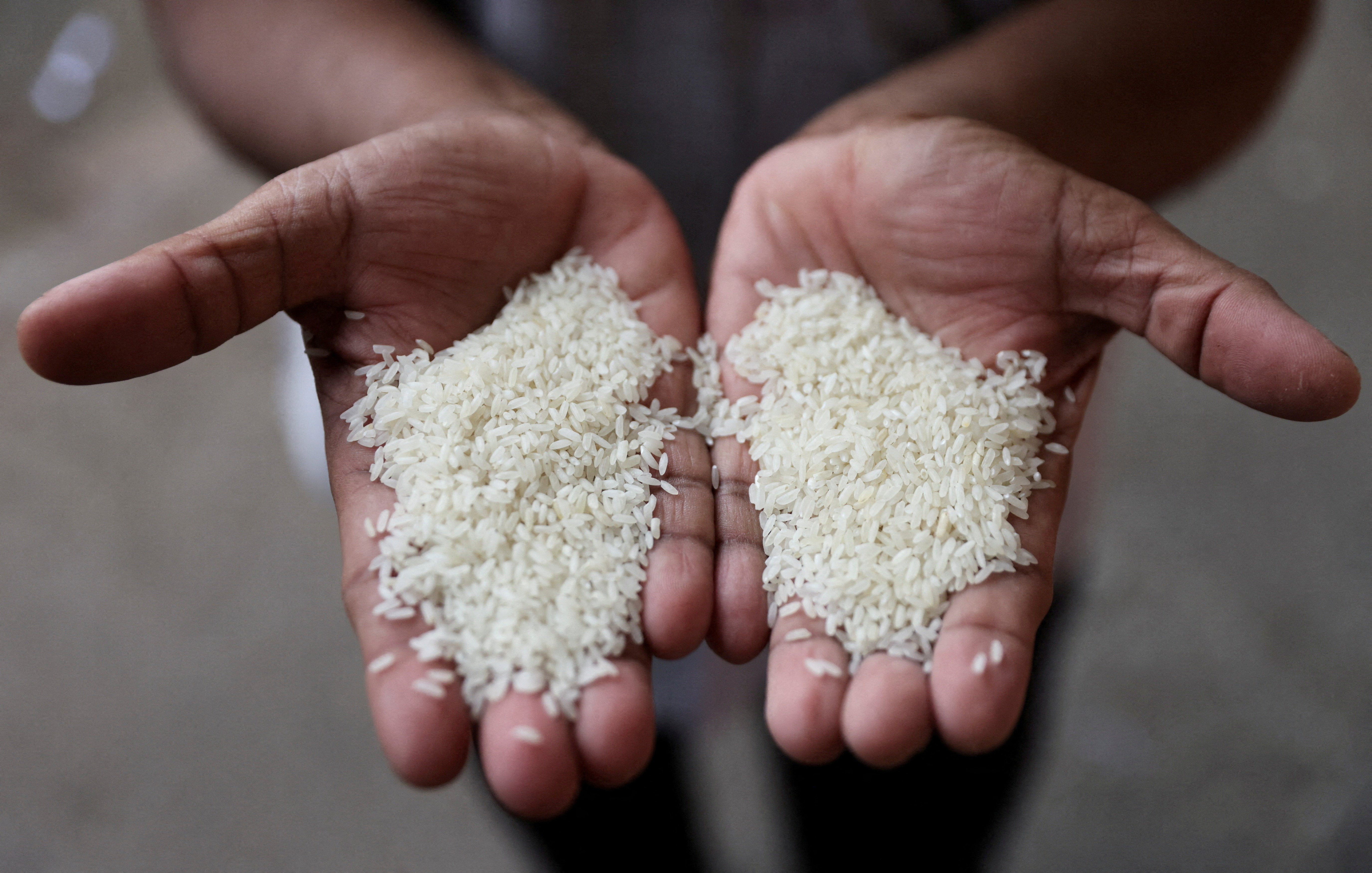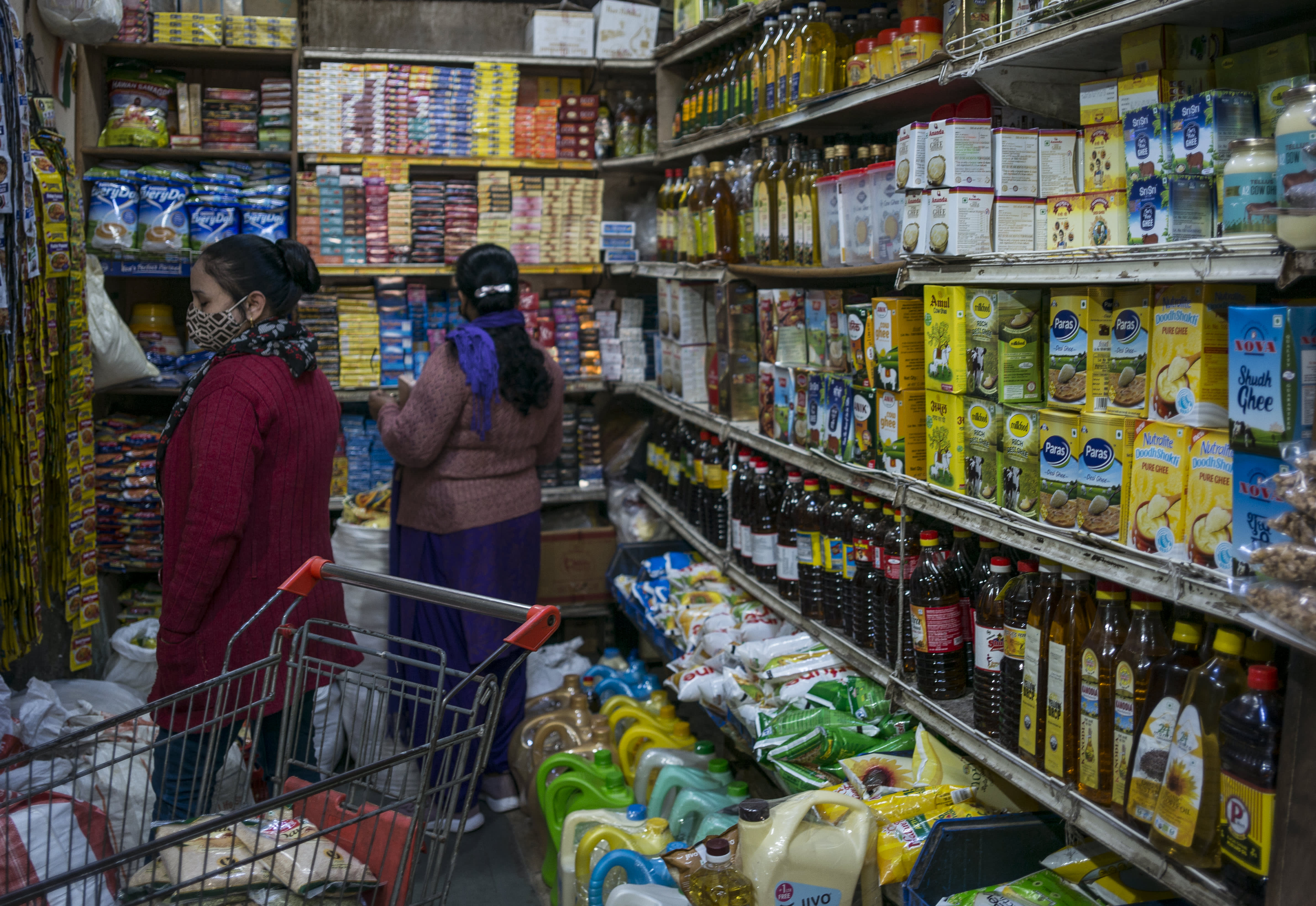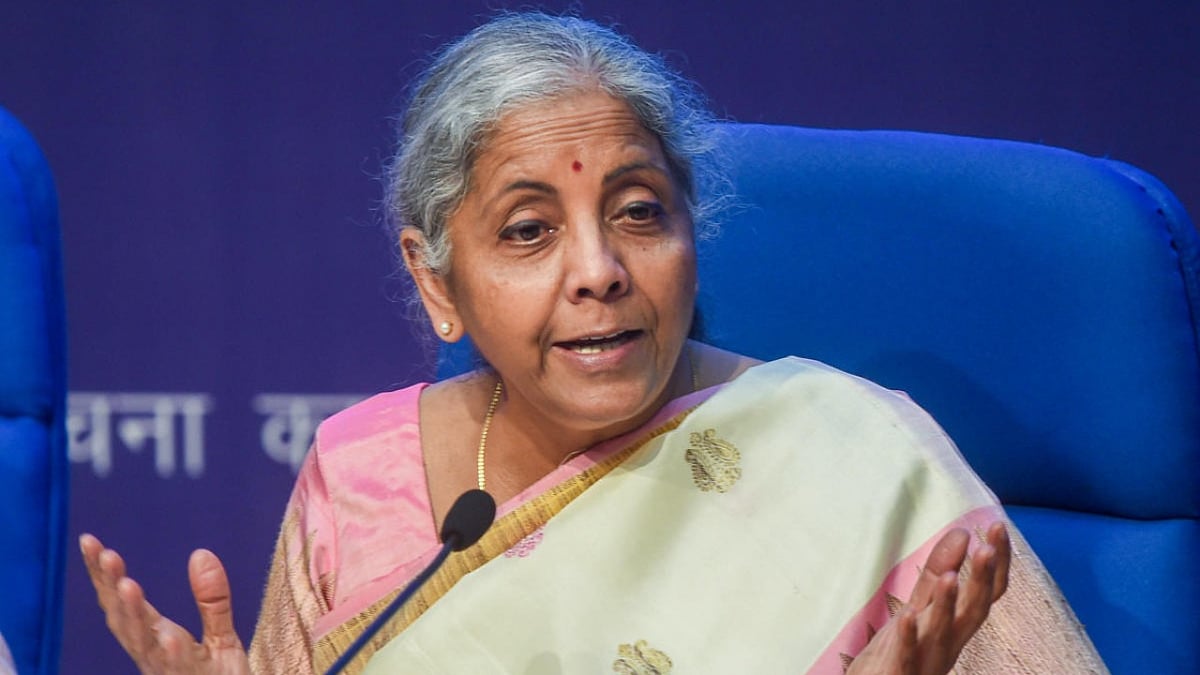India’s Inflation to Keep Steady, Growth on Track 2023 : Finance Minister Nirmala Sitharaman

India’s Inflation to Keep Steady, Growth on Track 2023 : Finance Minister Nirmala Sitharaman
Despite temporary increases in the cost of some food goods, Indian inflation would stay stable in the next months, according to an interview with the business daily by Finance Minister Nirmala Sitharaman.
While India is expected to get the fewest monsoon rainfall in eight years, food price inflation increased to 11.5% in July, its highest level in more than 3-1/2 years, adding to Prime Minister Narendra Modi’s problems in an election year.

But given that India is approaching the holiday season, when spending normally increases, Sitharaman predicted that economic growth will be strong at least through the end of the year.
You would have sufficient grounds to suspect that the demand situation is only going to worsen till after the new year, she added. “So, I anticipate the following quarter will also be successful.”
On Thursday, India is scheduled to publish GDP figures for the months of April and June. According to a Reuters survey, economic growth is anticipated to reach 7.7%, the strongest yearly pace in a year.
When questioned about a report by investor Hindenburg on the Adani company, Sitharaman emphasised how short-sellers contribute to market volatility. She referred to market watchdog Securities and Exchange Board of India as having the ability to separate the wheat from the chaff with what it does.

She said, “Regulatory tools that result from this, if used properly, can lead to better corporate governance.”
Amidst the economic fluctuations affecting global markets, Indian Finance Minister Nirmala Sitharaman assured the nation that the country’s inflation rates are set to remain steady, keeping growth on track. During a recent press conference, Sitharaman outlined various measures the government is taking to maintain economic stability.
Despite concerns over the global economic slowdown, rising oil prices, and disruptions in supply chains, the Finance Minister expressed confidence in India’s inflation control measures. The government aims to keep inflation within a band of 2-6%, aligning with the targets set by the Reserve Bank of India (RBI). “Consistent monitoring and timely interventions have been key in keeping the inflation rates steady,” Sitharaman said.
The Reserve Bank of India plays a significant role in inflation control through its monetary policy. By regulating interest rates and liquidity supply, the RBI has been striving to achieve a balanced growth rate without spiking inflation. This is a delicate act, as reducing interest rates to promote growth could potentially lead to higher inflation.

On the fiscal front, Sitharaman elaborated on the government’s efforts to curb inflation through proactive policymaking. These measures include targeted subsidies for essential commodities, price controls, and trade policies that aim to stabilize the prices of goods and services. “Maintaining an adequate buffer stock of essential commodities has allowed us to intervene in the market effectively,” she stated.
Keeping inflation steady is a critical component for sustainable economic growth. Sitharaman announced that the country’s GDP is expected to grow at a steady pace, citing several sectors, including manufacturing, technology, and services, that have shown resilience and potential for growth.
Sitharaman also highlighted the focus on infrastructure development as a means to generate employment and stimulate economic growth. The government has been ramping up investments in roads, ports, and renewable energy projects to achieve long-term benefits.
India’s flourishing startup ecosystem has also been a booster for economic growth. The Finance Minister pointed out that the government’s policies, such as easier regulations, tax incentives, and funding mechanisms, have given the startup sector significant traction.

However, Sitharaman was also cautious in addressing the challenges ahead, including the global economic uncertainty and the risk of a third wave of the COVID-19 pandemic. The minister emphasized the government’s commitment to a robust healthcare infrastructure as a precautionary measure.
Fluctuating oil prices and international trade tensions also pose threats to India’s economic stability. “We are closely monitoring the global situation and are prepared to make necessary adjustments to our economic policies,” said Sitharaman.
While challenges exist, the government’s focus on maintaining a steady inflation rate and fostering economic growth seems to be a balanced approach to navigate the complex economic landscape. Only time will tell if these measures will achieve their intended impact, but for now, the steady hand at the wheel offers a measure of assurance to citizens and investors alike.

By focusing on steady inflation and sustainable growth, India is not only securing its economic future but is also setting an example for other developing nations to follow. As the country navigates the complexities of a rapidly evolving global economy, the government’s initiatives aim to keep the economy both resilient and robust.




